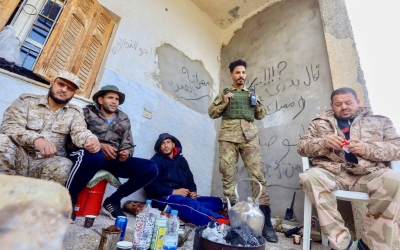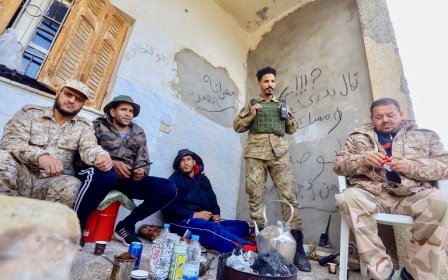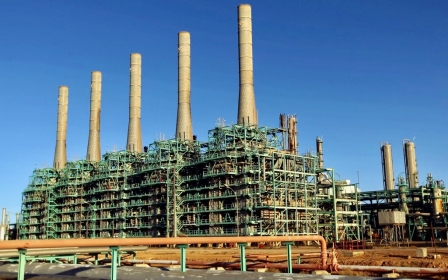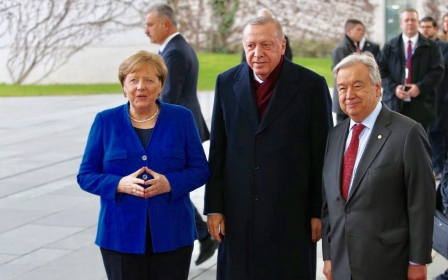Libyan refiner stops operations amid lack of crude oil
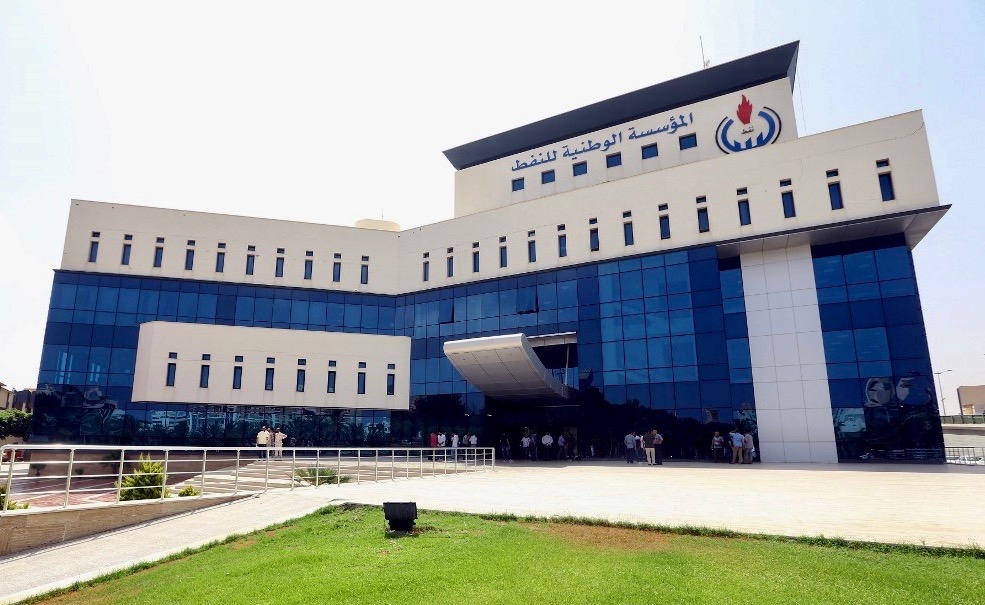
Libya's Azzawiya oil refining company said on Sunday that it was forced to stop refining operations because of a lack of crude supplies and no inventory.
A source from the company, a subsidy of Libya's state oil firm the National Oil Corporation (NOC), said two refining units with a capacity of 60,000 barrels each had stopped, AFP reported.
Oil output in Libya has fallen sharply since 18 January because of a blockade of ports and fields by tribal groups loyal to eastern-based military commander Khalifa Haftar, who since last April has been engaged in a conflict with the UN-recognised government in Tripoli. Ceasefire talks between the parties ended on Saturday with no deal. The UN has proposed a second round of negotiations for 18 February.
Meanwhile, production in Libya, home to Africa’s largest proven oil reserves, has tumbled to about 180,000 barrels a day, the lowest level since the 2011 uprising against long-time leader Muammar Gaddafi, from a daily 1.2 million barrels. NOC has declared force majeure on supplies, according to Bloomberg.
NOC said its losses from the blockade so far amounted to more than $1bn.
On Thursday, UN Libya envoy Ghassan Salame said he had talked to tribesmen behind the blockade and was awaiting their demands.
He also said the blockade would be at the top of the agenda at a two-day meeting in Cairo beginning on Sunday between representatives from eastern, western and southern Libya seeking to overcome economic divisions in a country with two governments.
Still, diplomats said the Cairo meeting would be mainly attended by technical experts to prepare a wider dialogue to be followed in the coming months, according to Reuters.
In a sign that a reopening of ports and fields might not be imminent, tribes and communities in oil-rich areas in eastern Libya held by Haftar's Libyan National Army (LNA) said in a statement on Saturday that they opposed resuming oil exports unless Tripoli was freed of militias.
The LNA has also called for what it described as a fair distribution of oil revenue, a demand shared by many in the east, where people complain of economic neglect.
NOC, which is based in Tripoli and serves the whole country, sends oil revenue to the central bank, which mainly works with the Tripoli government, although it also pays some civil servants in the east.
Middle East Eye delivers independent and unrivalled coverage and analysis of the Middle East, North Africa and beyond. To learn more about republishing this content and the associated fees, please fill out this form. More about MEE can be found here.


